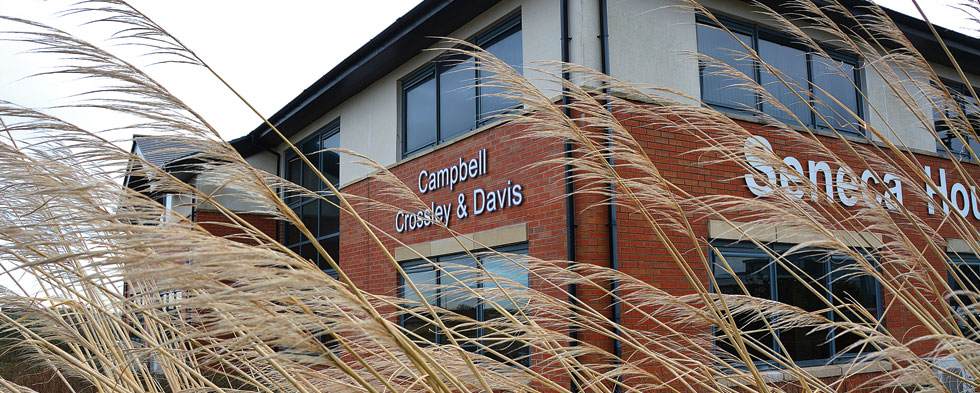Personal Bankruptcy
On bankruptcy, all your existing debts are written off however:
- your assets, including any bank accounts, are frozen;
- you will be interviewed at the Official Receiver’s Office or over the telephone;
- you must disclose all your assets, liabilities and earnings;
- your Trustee will assess your income with a view to obtaining voluntary contributions from you over a three year period;
- your bankruptcy is advertised.
Bankruptcy lasts for twelve months (‘the period’). However, there are various bankruptcy civil offences which can lead to a Bankruptcy Restriction Order extending this period for anything up to fifteen years. During the bankruptcy a bankrupt is restricted in what they can do. The most common restrictions are that a bankrupt cannot:
- obtain credit over £500 without disclosing that they are bankrupt;
- act as a director of a limited company or be involved in its management without leave of Court;
- be involved in a partnership.
You can:
- earn money either as an employee or self employed trading under the name you were made bankrupt;
- operate a bank account though this will be in credit at all times;
- retain a motor vehicle so long as the Official Receiver/Trustee deem it to be exempt property;
- retain household furniture and effects sufficient for the basic domestic needs of yourself and your family.
During the period you cannot own anything of significant value and anything that you did own upon bankruptcy (e.g. property) becomes part of your bankruptcy estate. Your Trustee will take steps to realise your assets for the benefit of creditors. This may include releasing any equity in your property.
Your property will be offered first to members of your family giving them the option to purchase your share of the equity before it is placed for sale on the open market. If the property or any other asset remains unsold when your bankruptcy finishes it does not revert to you but can still be realised by your Trustee at a later date. For example, a property which may not have any equity in it upon bankruptcy may appreciate in value and so cost more to buy back. Your Trustee will have a maximum of three years to deal with your property or risk it reverting back to you. However, the three years will be extended if you obstruct a sale or transfer.
Should you receive any inheritance or windfall during the period then this will form part of your bankruptcy estate and must be paid over to the Trustee.
You should co-operate and disclose your whereabouts and earnings to your Trustee at all times.
To obtain further information and advice please contact a member of our team on 01253 349331.
This note is meant as a brief overview of the main concerns experienced by people who are considering declaring themselves bankrupt. It is not a detailed review and further detailed advice should be taken before coming to any decision. No responsibility can be accepted by Campbell Crossley & Davis, its partners and employees for any loss occasioned by any person or persons acting or refraining from action as a result of material contained in this note.








